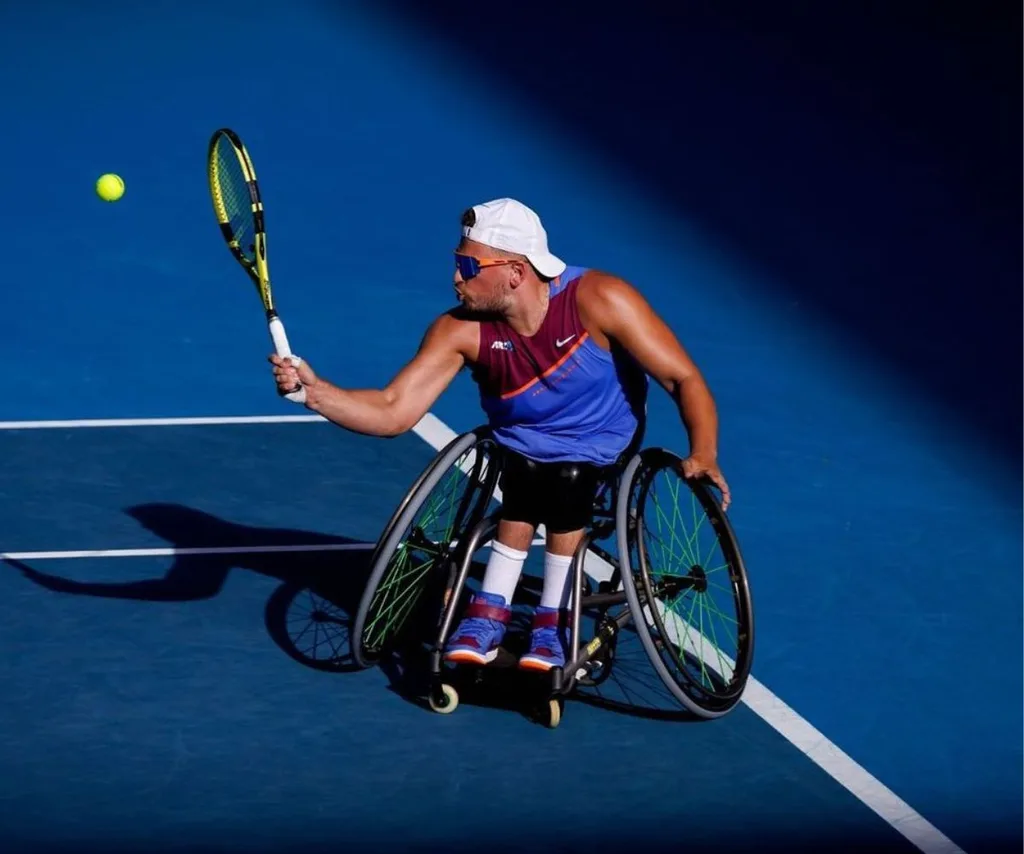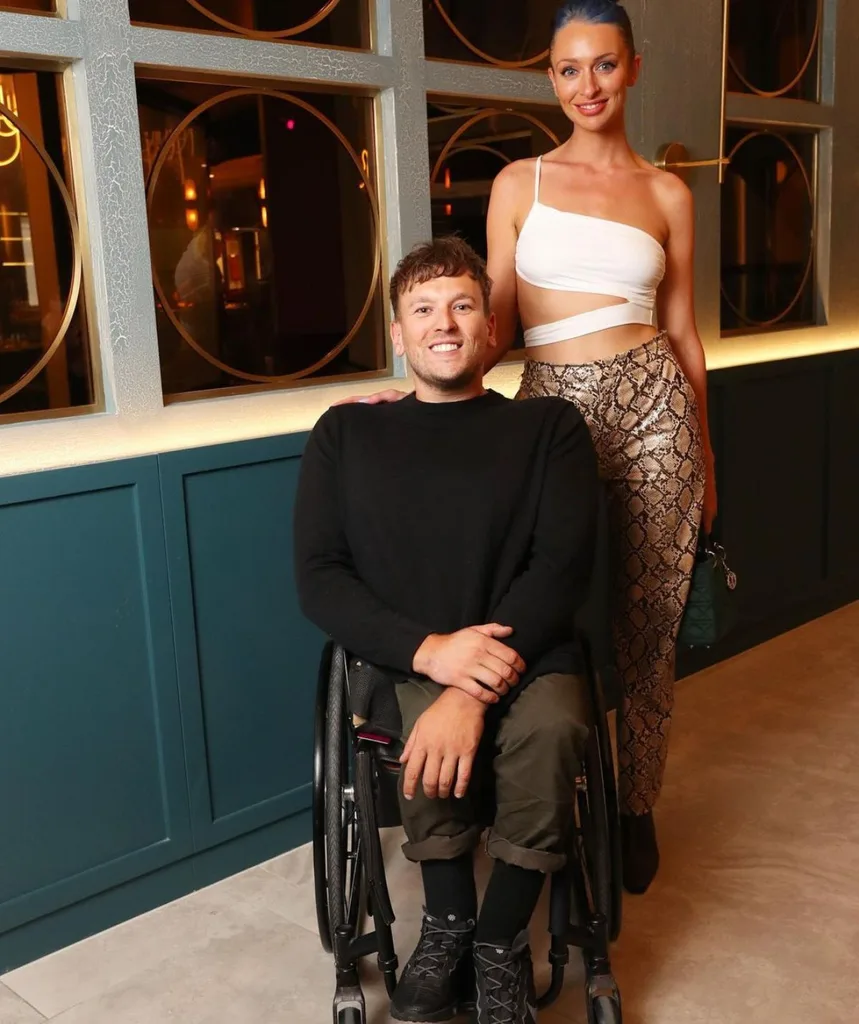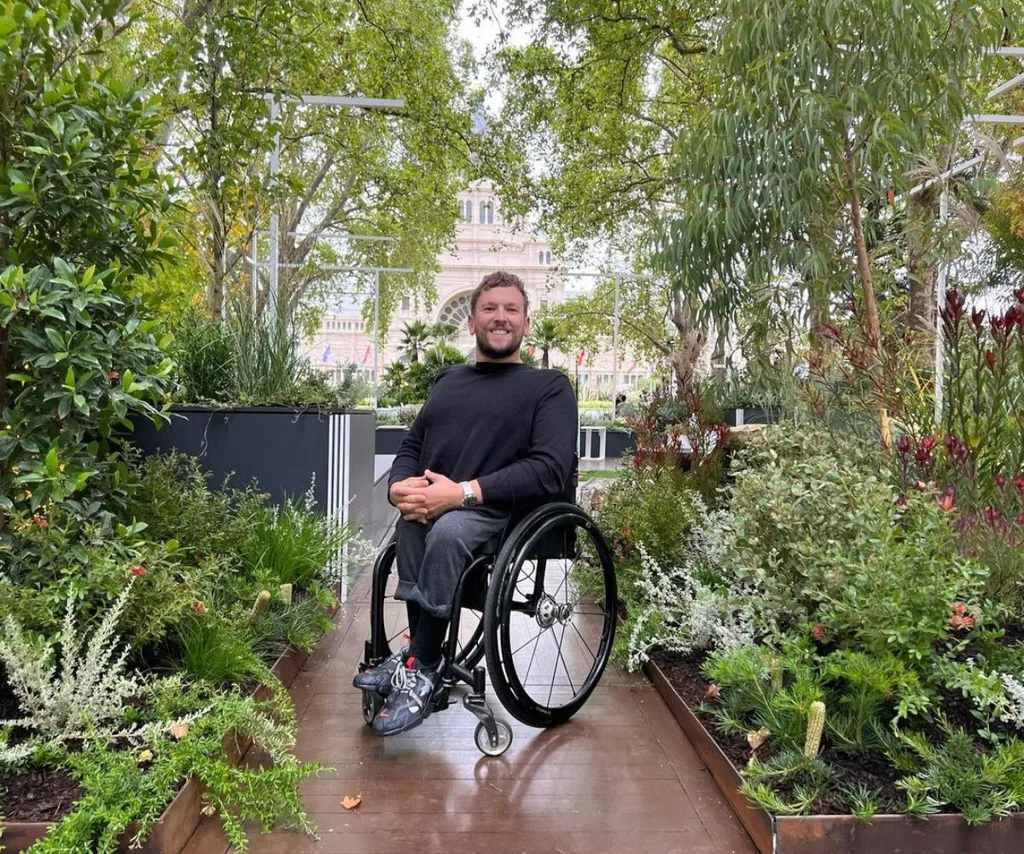One in six Australians live with a disability. But while it’s something that many people can relate to, disabilities are still a subject that can be easily mishandled.
Australian of the Year, Paralympian and disability advocate Dylan Alcott is passionate about breaking barriers.
“I’d like society to lift expectations of what people think we can do, eliminate unconscious bias and change the negative stigma that comes with having a disability,” he explains.
Here, the 31-year-old reveals a few ways that we can change the way we talk about disabilities.

Dylan is an Australian Paralympian.
(Image: Instagram)AVOID ASSUMPTIONS
No two people with disabilities are alike, and Dylan says the best way to understand someone’s situation is to listen to what they have to say. “I would like people to listen more to those who have lived experience,” he explains.
“If you want to know something from your able-bodied friend, what do you do? You ask.”
Dylan says it’s also important for more people with disabilities to be given a voice.
“We need greater representation everywhere, in mainstream schools, on our screens, in our workplaces and boardrooms, and our sporting fields just to name a few,” he explains.
“If you want to speak about someone at a table, they need a seat at that table.”

Dylan and his beautiful girlfriend, Chantelle Otten
(Image: Instagram)BREAK DOWN BARRIERS
People with disabilities often face a lack of employment opportunities, either because they face incorrect assumptions about their capabilities or because of access issues in the workplace.
It’s something that Dylan is actively challenging by founding the consulting company Get Skilled Access.
“We hire 50 consultants all with different disabilities to ensure we can help businesses and individuals best work together to break down these barriers,” he explains.

He is also a former wheelchair basketball player.
(Image: Instagram)NORMALISE DISCUSSIONS WITH KIDS
If your child or grandchild asks you a question about a person with a disability, Dylan says it’s important not to make them feel bad.
“I think the main thing is education but also not making a big deal about it. Encourage your kids to be curious and ask you questions,” he explains.
“The worst thing you can do is reprimand your kid when they’re being inquisitive. If you can’t answer it, find someone who can. Kids are just kids, and they have every right to ask questions.”
.jpg?fit=900%2C553)
